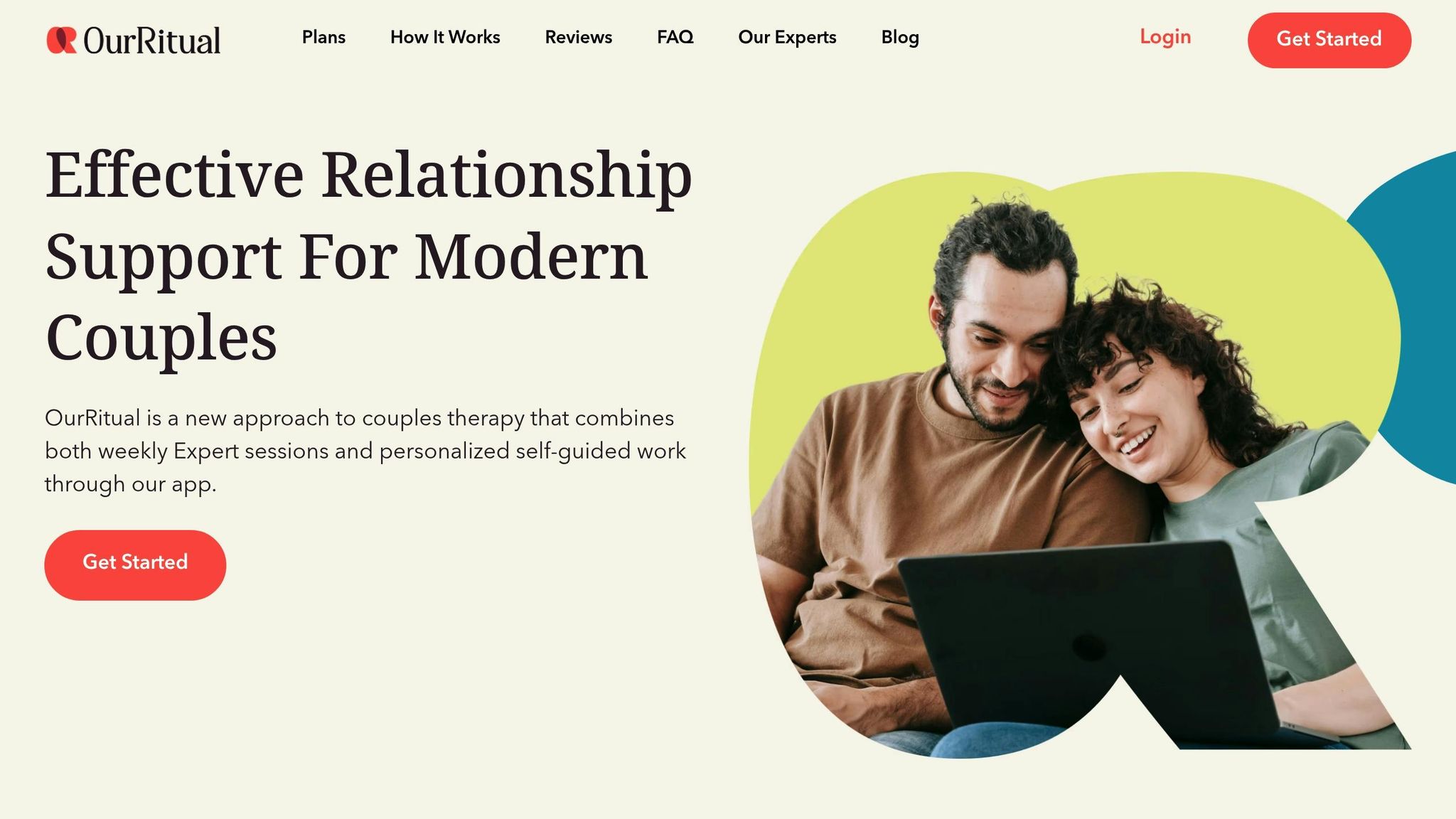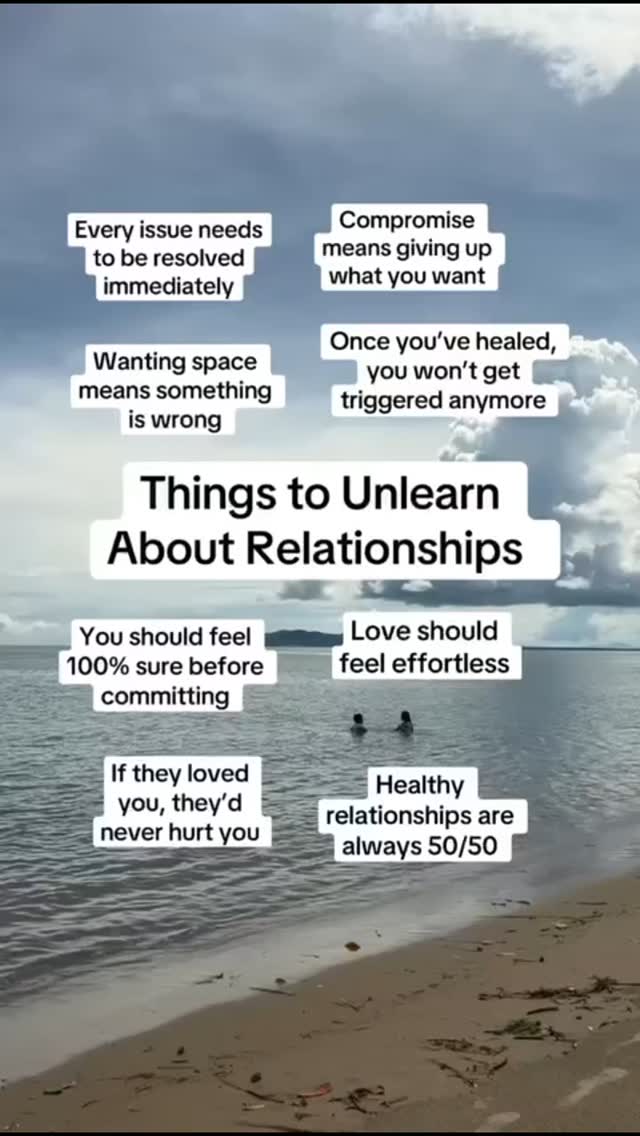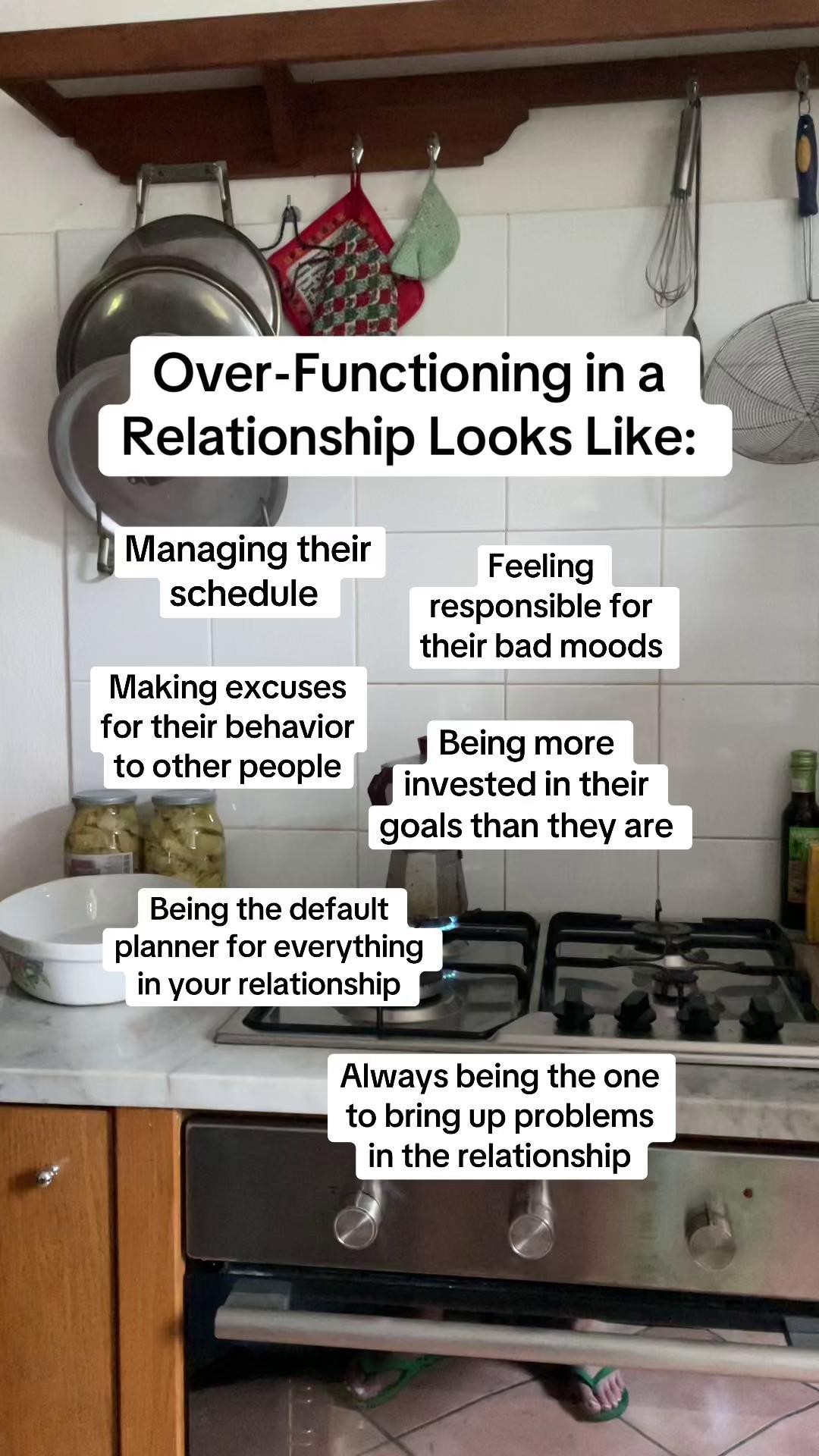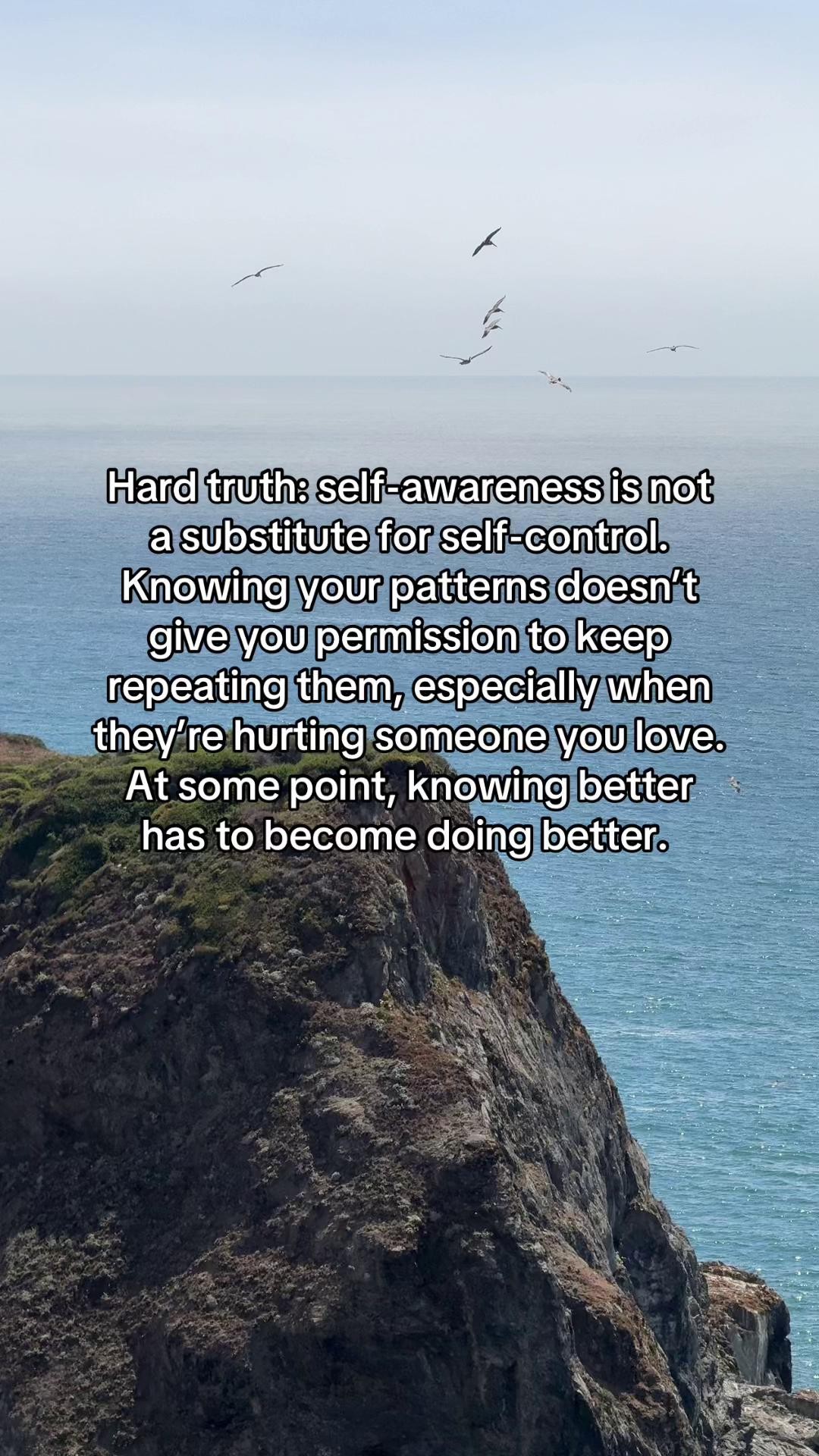7 Signs Your Relationship Needs Professional Help
All relationships have ups and downs, but sometimes the challenges start to pile up in ways that can’t be ignored. These issues often build gradually, making them easy to miss until they feel overwhelming. If you’ve noticed certain patterns creeping into your relationship, it might be time to consider professional support. Here are seven signs to watch for:
- Communication struggles: Repeated misunderstandings, defensiveness, or avoiding tough conversations.
- Recurring conflicts: Recurring arguments that never truly get resolved.
- Emotional disconnection: Feeling more like roommates than partners.
- Life changes causing tension: Major transitions like financial stress or family changes creating strain.
- Broken trust: Infidelity, secrecy, or other breaches of trust.
- Feeling stuck: Efforts to improve aren’t working, leaving you both frustrated.
- Avoiding important topics: Fear of conflict leads to unresolved issues.
Ignoring these signs can worsen problems, but professional help can guide you through them. Digital platforms like OurRitual make relationship support more accessible, offering flexible virtual sessions starting at $32 per week. Whether it’s rebuilding trust, improving communication, or addressing unresolved conflicts, expert guidance can help strengthen your bond.
If these challenges sound familiar, consider taking the first step toward a healthier relationship.
7 Signs Your Relationship May Need Professional Support
1. Communication Keeps Breaking Down
If misunderstandings, assumptions, or avoided conversations are becoming routine, it’s a clear signal that communication needs attention. Patterns like escalating arguments, defensiveness, or passive-aggressive behavior suggest that your current way of communicating isn’t working.
Avoiding conflict to "keep the peace" can also backfire, leading to resentment and emotional distance over time. Whether it’s unspoken feelings, mismatched communication styles, or struggles to truly listen, these habits can create a disconnect that’s hard to repair without outside help.
2. The Same Fights Keep Happening
Do you find yourselves stuck in a loop of recurring arguments? These unresolved conflicts often point to deeper issues that remain unaddressed. The cycle might look like this: tempers rise, blame is exchanged, one or both partners withdraw, and the issue is temporarily set aside - only to resurface later.
Often, these fights are about more than they seem. For example, disagreements over chores might actually stem from feeling unappreciated or unsupported. Past wounds and unmet expectations can also fuel these repetitive conflicts.
When it feels like you’re going in circles with no resolution in sight, it’s time to consider external guidance.
3. You Feel More Like Roommates Than Partners
If emotional intimacy and physical connection have faded, it might feel like you’re living as roommates rather than romantic partners. You may still share responsibilities and occupy the same space, but the spark that defines a partnership seems to be missing.
Signs of this disconnection can include spending less quality time together, losing interest in each other’s lives, or avoiding meaningful conversations. You might even feel lonely despite being in the same room. A decline in physical affection - like spontaneous touches or kisses - often accompanies this emotional distance, making it harder to reconnect.
When empathy starts to wane, it becomes increasingly difficult to care for each other’s emotional needs or even recognize your own. This can create a cycle of detachment that’s tough to break.
4. Major Life Changes Are Causing Tension
Big transitions like financial stress, health challenges, career shifts, or family changes can put significant strain on your relationship. These external pressures often amplify existing issues, making it harder to find common ground when you need each other most.
Whether it’s a job change, moving to a new city, or welcoming children, these events can alter the dynamics of your relationship. Successfully navigating these shifts requires open communication about roles, responsibilities, and expectations. When these conversations don’t happen, tension and misunderstandings can take over.
Life changes are inevitable, but learning how to adapt as a team can make all the difference. If these transitions are driving a wedge between you, professional guidance can help you navigate them more effectively.
5. Trust Has Been Broken
Trust issues - whether from infidelity, secrecy, or even small betrayals - can destabilize a relationship. Suspicion or hidden behaviors often create a cycle where one partner’s actions fuel the other’s doubts, leading to further strain.
Rebuilding trust takes more than just promises. It requires honest communication, understanding what led to the breach, and creating new habits of openness. These steps can be challenging to navigate without a neutral, supportive environment.
Seeking professional help provides a space to work through these sensitive issues, allowing both partners to address their emotions and rebuild trust together.
6. You Feel Stuck, and Nothing Is Improving
If you’ve tried everything - reading relationship books, having check-ins, or making promises to change - but nothing seems to stick, it can feel like your relationship is at a standstill. This sense of stagnation can be especially discouraging, leaving both partners feeling hopeless about the future.
Sometimes, it takes an outside perspective to help you see what’s working and what needs to change.
7. You Avoid Difficult Conversations
When important topics are consistently avoided, it creates an environment where unresolved issues can fester. Whether it’s fear of conflict, fear of hurting your partner, or fear of making things worse, this avoidance only deepens the divide.
It’s important to remember that no one can read each other’s mind. Without talking openly, needs and concerns often go unnoticed.
Professional support can help create a safe space for these discussions. Learning how to express yourself clearly, approach sensitive topics constructively, and listen without defensiveness can transform these moments into opportunities for growth and connection.
Recognizing these patterns is the first step toward addressing them. With the right guidance, you can rebuild communication, trust, and emotional closeness in your relationship.
How Digital Solutions Like OurRitual Can Help

When relationship challenges begin to pile up, tools like OurRitual offer much-needed support to help couples reconnect and communicate better. Tackling these issues early can prevent them from escalating, and platforms like OurRitual make this process accessible by offering expert guidance tailored to fit today’s busy, on-the-go lives.
Support That Fits Your Schedule
Finding time for relationship support can be tough, especially when juggling busy schedules. One of the biggest hurdles couples face is coordinating time for both partners. OurRitual addresses this with weekly virtual sessions led by experts, lasting just 20 to 40 minutes. No commuting. No rigid appointment slots. You simply book sessions that fit seamlessly into your day.
Beyond scheduled sessions, OurRitual gives you access to science-based tools and exercises. These resources allow couples to practice communication techniques and tackle challenges as they come up, offering support when it’s needed most.
Custom Plans for Your Specific Needs
Every relationship is different, and cookie-cutter solutions just don’t cut it. For couples navigating emotional distance or trust issues, customized support is key. OurRitual offers plans starting at $32 per week, with options designed for individuals, couples, and a variety of relationship dynamics.
No matter who you are, OurRitual tailors its approach to your unique situation. By using data to personalize content and interactions, the platform ensures you feel seen and supported as you work to rebuild emotional bonds.
Digital vs. Traditional Support: What's Different
Choosing between digital and traditional relationship support depends on your lifestyle and needs. Here’s a quick breakdown:
- Accessibility: Digital platforms can be used anywhere with internet access, while traditional in-person support is limited by location and requires travel.
- Scheduling: Digital sessions are flexible and can fit into busy routines, whereas in-person appointments usually have fixed times and are less adaptable.
- Cost: Digital support is typically more affordable (for example, $32–$52 per week for OurRitual) compared to higher costs for in-person sessions due to office overhead.
- Environment: Digital sessions take place in the comfort of your own space, while in-person sessions are held in a therapist’s office.
- Session Format: Digital platforms often offer shorter sessions (20–40 minutes) with ongoing app-based tools, whereas traditional sessions tend to be 50 minutes long.
- Attendance: Digital support tends to have higher attendance rates because it’s more convenient, while in-person sessions may face scheduling conflicts.
The convenience factor keeps couples engaged and committed to improving their relationships.
For those grappling with trust issues, frequent conflicts, or emotional disconnection, digital solutions offer a less daunting starting point than traditional office visits.
Conclusion
After diving into the seven key warning signs and why they matter, one thing is clear: acting early can make a world of difference. Spotting the signs that your relationship might need professional support is a step toward building a stronger connection. From ongoing communication struggles to avoiding tough conversations, these are challenges many couples face - but they don’t have to spiral out of control.
Modern platforms like OurRitual are making professional support more accessible than ever. Whether it’s trust issues, emotional distance, or communication problems, their personalized approach ensures you get the support tailored to your unique situation.
If any of these seven signs feel familiar, this could be your moment to take that first step. With expert guidance, proven tools, and consistent support, you can rebuild trust, improve communication, and strengthen your bond - making it a truly worthwhile investment in your relationship.
FAQs
How do I know if my relationship could benefit from outside support?
If you’re dealing with recurring issues in your relationship or find certain problems remain unresolved, it might be time to consider seeking outside help. Some common signs include frequent miscommunication, struggles to reach compromises, or feeling emotionally disconnected from your partner. When these challenges persist despite your efforts, professional guidance can offer fresh tools and insights to help improve your bond.
Seeking support isn’t a sign of failure - it’s a proactive step toward strengthening your relationship. A professional can help you and your partner address unresolved conflicts, rebuild emotional closeness, and develop better communication habits.
What are some practical ways to improve communication in a relationship without professional help?
Improving communication in a relationship doesn’t have to be complicated - it’s often about small, intentional steps. One of the most effective ways to start is by practicing active listening. This means giving your partner your full attention, resisting the urge to interrupt, and genuinely trying to understand their point of view. It’s about showing that you’re present and that their words matter.
Another key strategy is to use "I" statements when expressing your feelings. For example, saying, "I feel upset when..." is far less likely to put your partner on the defensive than phrases like "You always...". It shifts the focus from blaming to sharing your emotions in a constructive way.
Setting aside regular time for meaningful conversations can also make a big impact. Something as simple as a weekly check-in - free from distractions - can create space for both of you to share openly. Asking open-ended questions like, "What’s been on your mind lately?" or "How can I support you better?" can lead to deeper, more meaningful exchanges. These small, consistent efforts can go a long way in building trust and strengthening your connection.
What’s the difference between digital relationship support and in-person sessions, and which works better for recurring conflicts?
Digital relationship support, such as online platforms or apps, offers a lot of flexibility and convenience. It’s a great option for couples with packed schedules or those who feel more at ease addressing their concerns from the comfort of home. This method tends to work well for handling day-to-day challenges or communication struggles that require consistent attention.
In contrast, in-person sessions offer a deeper, face-to-face connection, making it easier for couples to notice non-verbal cues and engage more fully. This setting is often better suited for addressing more serious or emotionally charged conflicts that require a higher level of emotional presence and understanding.
Choosing between these options really depends on what works best for you as a couple. Digital support shines when accessibility and convenience are priorities, while in-person sessions are often the go-to for navigating more complicated issues.

















